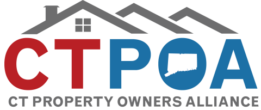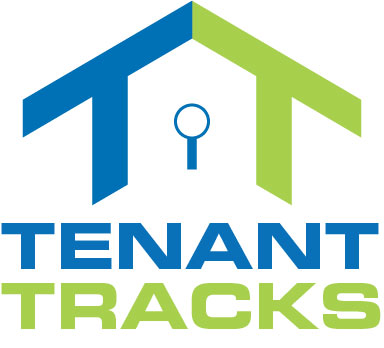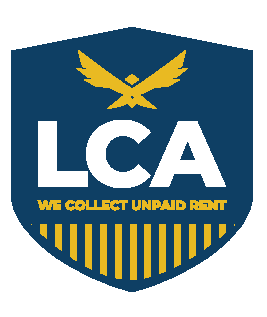Understanding allowable deductions is crucial for Connecticut landlords when it comes to security deposits. This guide will clarify what you can and cannot deduct.
What Can You Deduct from a Security Deposit?
Connecticut law permits landlords to deduct specific costs from a security deposit under certain conditions. These deductions are generally for damages beyond normal wear and tear caused by the tenant.
- Unpaid Rent: If a tenant owes rent, this can be deducted from the security deposit.
- Court Costs: and Attorneys fees for Evictions if you have a written lease
- Property Damage: Costs to repair damages caused by the tenant, exceeding normal wear and tear, can be deducted. This includes damage to walls, floors, appliances, and fixtures.
- Cleaning: Excessive cleaning costs beyond routine maintenance, such as removing stains or odors caused by the tenant, are deductible.
- Utility Bills: If the tenant is responsible for utilities and fails to pay, the unpaid amount can be deducted.
What You Cannot Deduct
Landlords are prohibited from deducting certain costs from a security deposit:
- Normal Wear and Tear: Routine deterioration of the property due to occupancy is not deductible.
- Professional Cleaning: Standard cleaning costs after a tenant moves out are typically not deductible.
- Repainting: Regular repainting is considered normal wear and tear.
- Carpet Cleaning: Routine carpet cleaning is not deductible, unless there are stains by pets.
Important Considerations
- Itemized Deductions: When deducting from a security deposit, landlords must provide tenants with an itemized list of deductions, including receipts or estimates for repairs.
- Timely Return: Any remaining security deposit must be returned to the tenant within a specified timeframe after the tenancy ends. In Connecticut that is 21 days. Failure to return security deposits may result in a court order to pay the tenant double their original deposit
- Interest on Security Deposits: Connecticut law requires landlords to pay interest on security deposits. The interest rate is determined annually by the state and can be found on the CT.Gov website under Department of Banking.
Recordkeeping
Maintaining detailed records of property condition, rent payments, and repairs is essential to support any deductions made from a security deposit.
Seeking Professional Advice
While this guide provides general information, landlord-tenant laws can be complex. Consulting with an attorney or a professional property management company can help ensure compliance and protect your interests.
By understanding the rules governing security deposit deductions, Connecticut landlords can protect their investments while maintaining positive relationships with tenants.
To learn more about landlord rights and responsibilities in Connecticut, consider joining the Connecticut Property Owners Association (CTPOA). They offer resources and support to help landlords navigate complex issues. Visit their website at ctpoa.com
Disclaimer: This information is intended as general guidance and does not constitute legal advice. It is essential to consult with legal professionals for advice specific to your situation.








